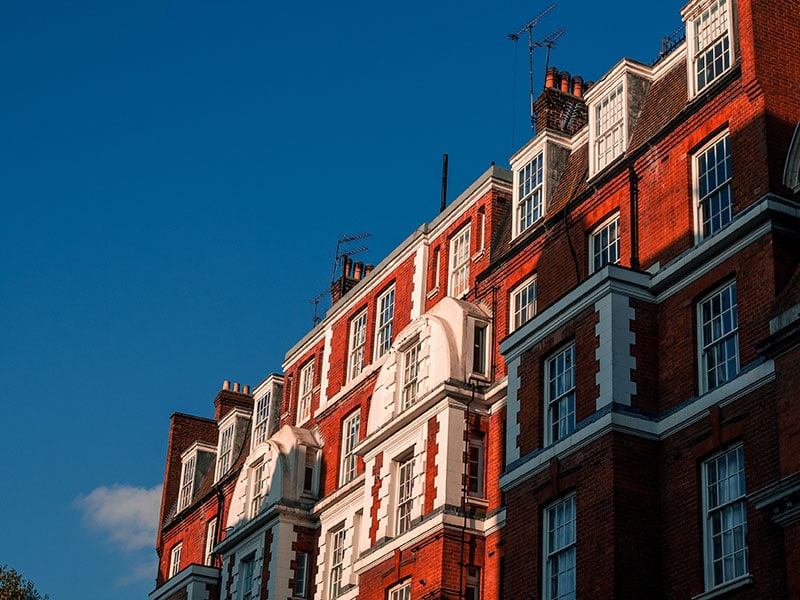Today we shall try to de-mystify an area of cross-border finance that can cause a great deal of fear and trepidation! To this end, we shall consider what capital gains taxes are paid, and where, by French residents selling assets they own outside of France. The natural reaction might be to think that tax should be paid in the country where the said assets are located, but, more often than not, this is absolutely not the case. Indeed, quite the opposite is true!
It is important to both know and understand that, as a French resident, one is taxed in France, on one’s worldwide estate. The only exception to this is if there is a double tax treaty in place, between France and the country where the asset is situated.
In this article, we will consider various examples of French residents selling assets held in the UK.
Selling UK Property as a French Resident: Key Tax Implications
To start with, we will look at property, which has distinct rules, including a somewhat complicated system of allowances depending on how long one has owned it. Be warned, this isn’t simple, but I shall endeavour to keep my explanation succinct!
UK property is the only asset class that may be taxed in both countries, although rest assured, you will not be taxed twice. According to the current double tax treaty between France and the UK, the UK has the right to tax French residents selling UK property, for gains since 2016.
France also has the right to tax UK property sales for capital gains, as well as for social charges, but will give an allowance for any tax paid in the UK. Furthermore, in France, there are additional allowances depending on how long you have owned the property.
What About Social Charges? Breaking Down the Timeline for Exemptions
From year six of ownership, there is an increasing capital gains tax allowance, resulting in no capital gains tax (19%) after 22 years of ownership. Social charges (17.2%) are also degressive, but on a different scale and indeed a different timescale, meaning one would have to own a property for 30 years in order to have zero liability.
Phew! I warned you it is not simple. Of course, a principal residence (main home, sold whilst you are still living in it) is not subject to capital gains tax, which is a relief!
Tax Treatment of Stocks and Shares for French Residents
The other principal assets that might be held in the UK, yet subject to French capital gains tax, are stocks and shares. Please be aware that an ISA is not recognised in France, so the French will simply tax the underlying assets.
The rule for shares is rather simpler, and indeed, one has a choice.
One may elect to pay the fixed flat tax rate, which at 30% includes social charges of 17.2%. Alternatively, one may choose to declare and pay at one’s marginal tax rate, in which case there may be an allowance for shares bought before 2018. Note this is the only allowance that may apply.
There are no other allowances for stocks and shares held directly, thus it is generally better to make future long-term investments via a tax-efficient wrapper in France, such as an assurance vie.
Navigating Cross-Border Tax Complexity: When to Seek Expert Advice
Cross-border tax is inevitably complicated and subject to changes. In this article, I have tried to give a brief overview, but you should always consider taking qualified advice before cashing in a major asset or when considering a new investment in France.

